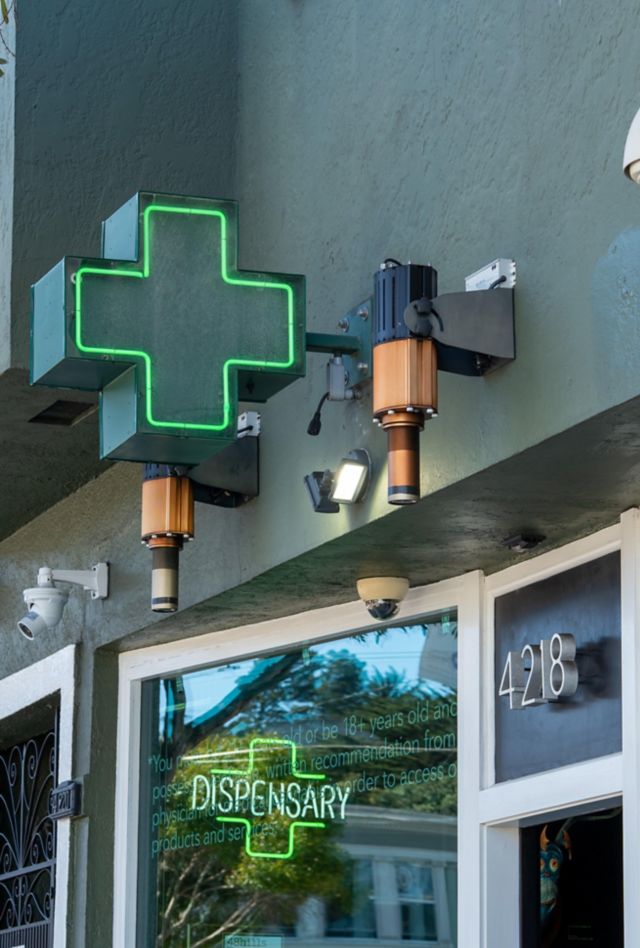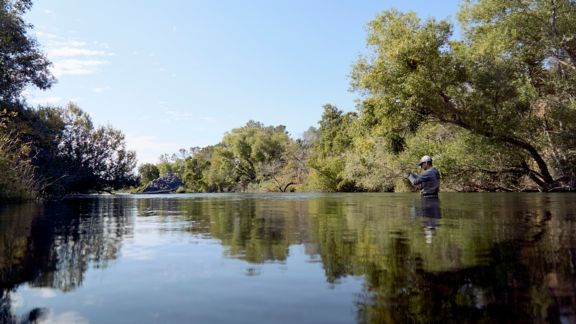Examining Minimum-Age Marijuana Use Laws in California

Challenge
There was little research on whether age restrictions on retail marijuana purchases were working.
Since 2012, over 20 states and the District of Columbia have legalized the recreational use of marijuana for adults ages 21 and older. Prior research on enforcement of the minimum legal marijuana use age of 21 (MLMU-21) laws is limited. The Insurance Institute for Highway Safety wanted to know if underage patrons were able to buy marijuana at legal recreational retail outlets in the state of California.
Solution
NORC conducted a multi-pronged study that included the use of pseudo-underage patrons.
NORC’s assessment included:
- Reviewing legal literature and documenting the minimum legal marijuana use age 21 (MLMU-21) laws in California
- Determining the responsible agencies and the current strategies used in California to enforce the MLMU-21 laws
- Determining the most current self-reported use of marijuana by youth under age 21 in California from existing surveys and comparing those usage rates to other states
- Conducting pseudo-underage (trained actors) purchase attempts at a probability sample of 50 marijuana retail outlets in California to determine compliance rates
- Analyzing all the data collected, discussing the results, and making recommendations toward improvement in the prevention of youth under age 21 from purchasing marijuana
A survey was administered to a random sample of 25 law enforcement agency representatives from across California to better understand enforcement strategies concerning recreational marijuana, and pseudo-underage patrons were sent to 50 randomly selected licensed recreational marijuana outlets in the state to see if they could enter the outlet without showing a valid identification with their age.
Result
Pseudo-underage patrons were denied entry at 100 percent of the recreational marijuana retail outlets studied.
Most of the surveyed law enforcement agencies in California do not consider enforcement of the recreational marijuana market a priority and depend mainly on retail store security to enforce the state’s age restrictions. At 100 percent of the recreational marijuana outlets (50) visited, the pseudo-underage patrons were required to show age identification to enter the facility. It appears that legal California recreational marijuana outlets avoid selling marijuana to underage customers.







